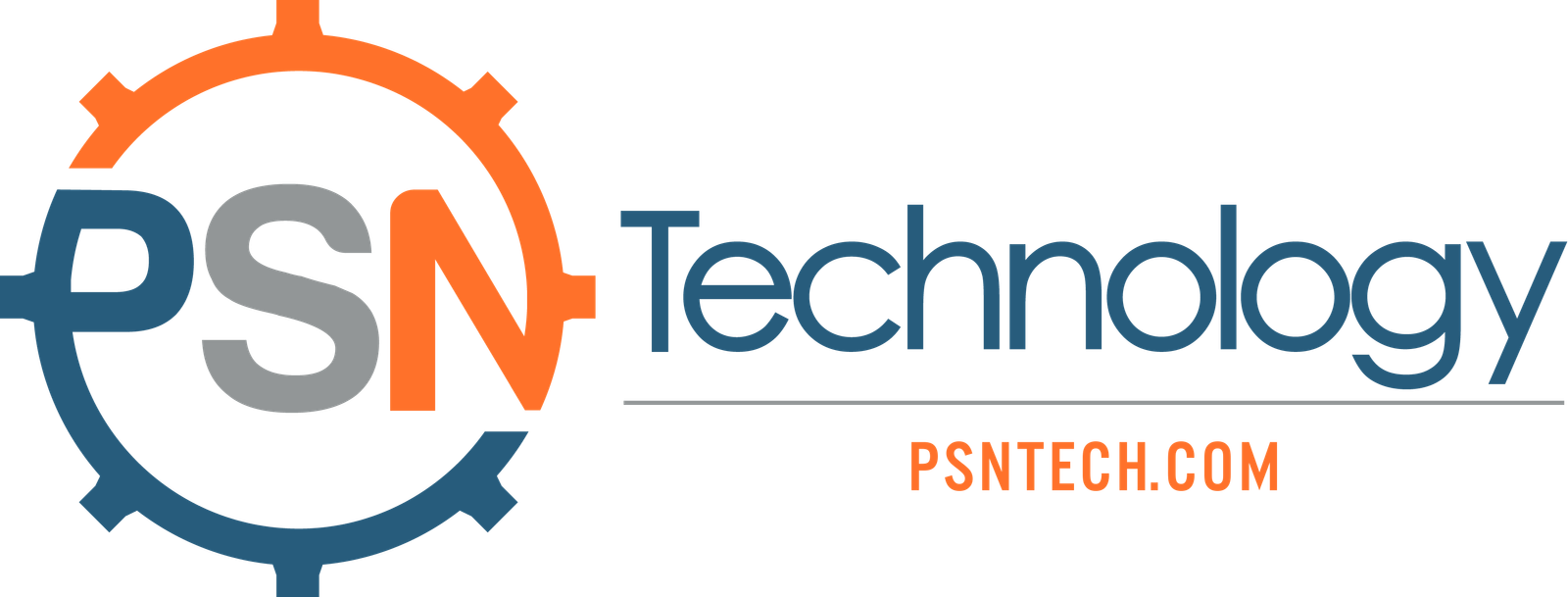This weekend marks the annual “fall back” to standard time. So overnight (early Sunday) this weekend the clocks will move from 2:59 AM to 2:00 AM – giving us an extra hour of sleep.
While many of us think only of that sleep bonus, or about the perceived shorter days that follow, the this recurring practice has a lot of technology implications.
And the fact that we don’t have to think about them is testimony to the effectiveness and critical role of technology professionals.
Consider the many ways time impacts technology:

- The world’s computer clocks have to consider 24 time zones around the world
- Computer clocks must periodically adjust to compensate for Leap Year, while Coordinated Universal Time (UTC) recalibrates from time to time for irregularities in the rate of Earth’s rotation by adding a leap second, an event that has occurred repeatedly since 1972.
- Not all countries even recognize Daylight Saving Time and those that do start and end the observance on different dates
- There are regions whose time zone offsets are not on an hourly increment. For example, zones differ by the ½-hour or a 45-minute offset in places like India, New Zealand, and Nepal, as well as parts of Canada and Australia,.
The requirements that this degree of variation places in tech companies is not insignificant. As an example, Microsoft issues operating system updates throughout the year focused on time zone-related issues. And mobile devices, all with their own differences, must individually allow location services to properly know the time or risk inaccuracies in apps related to weather, directions, calendars, travel, and social media.
The fact that managing these time issues has become commonplace serves as a reminder of how critical it is to properly manage the technology that supports your business.
The experts at PSN Technology manage the functions critical to your success, freeing you up to do what you are best at.
Contact us to learn more.
Philipp Emma | philipp@psntech.com | 313-715-3421 (cell)

